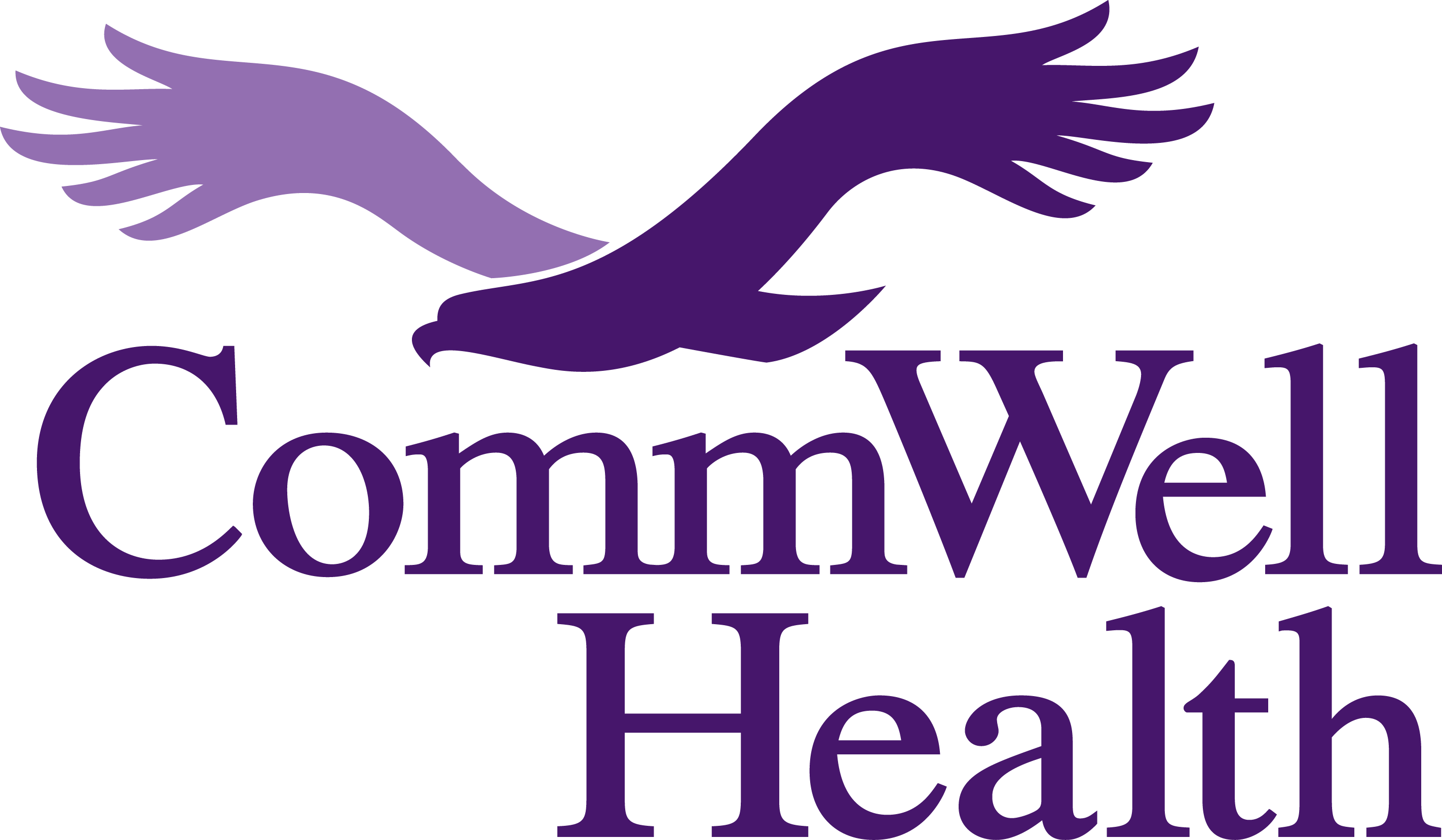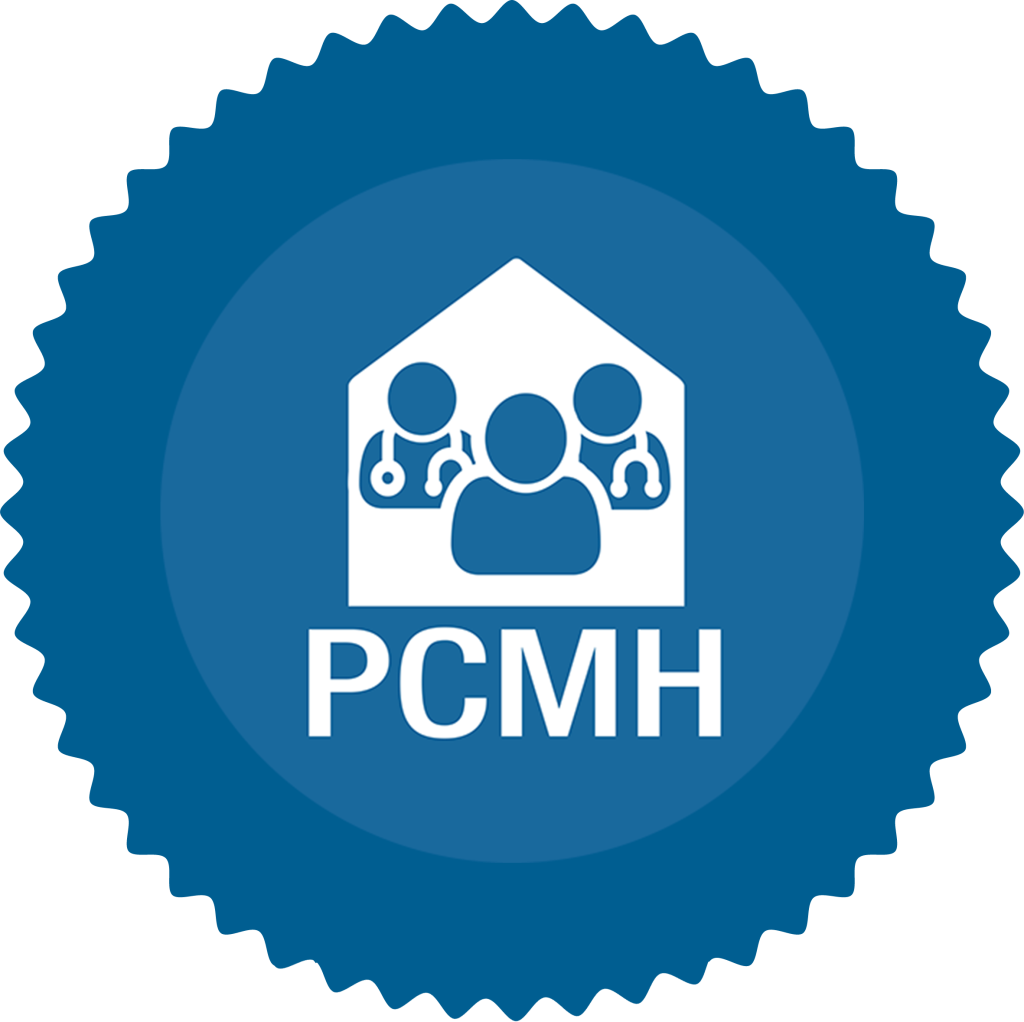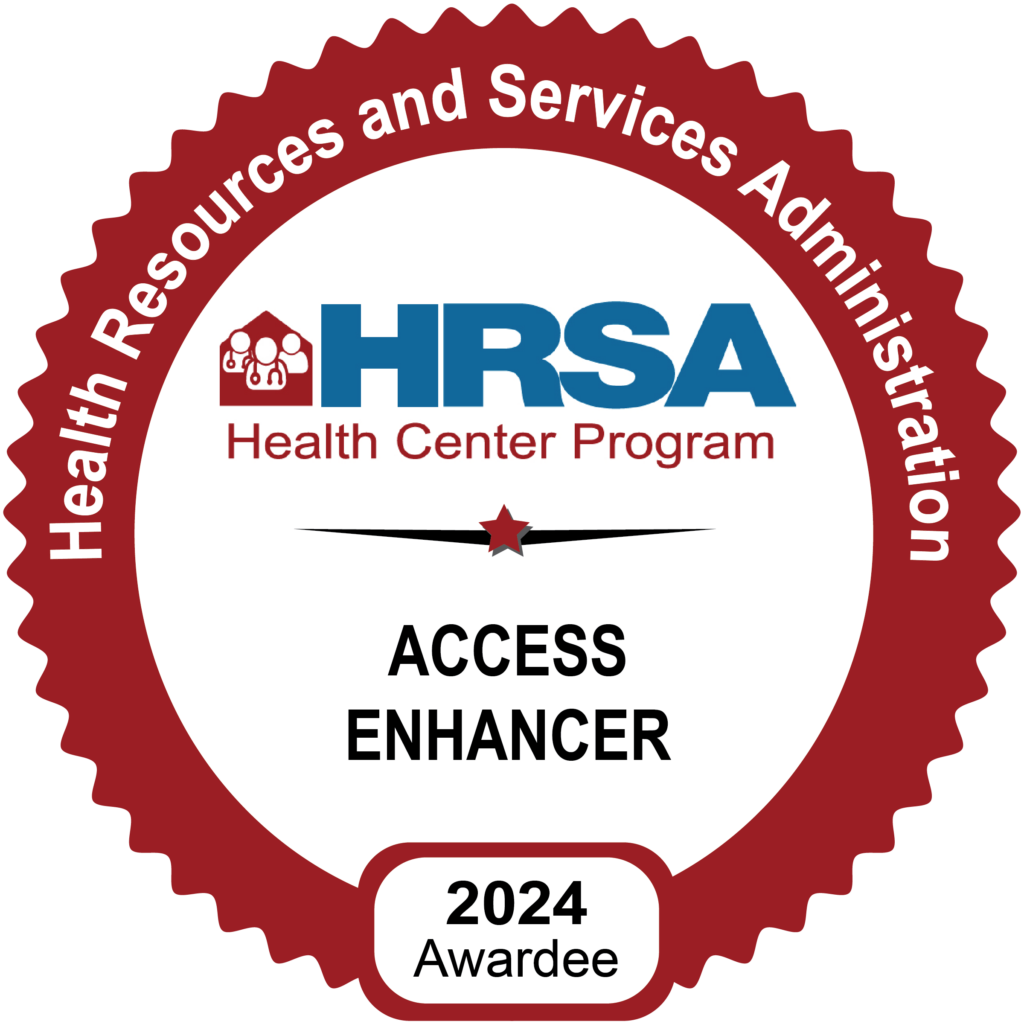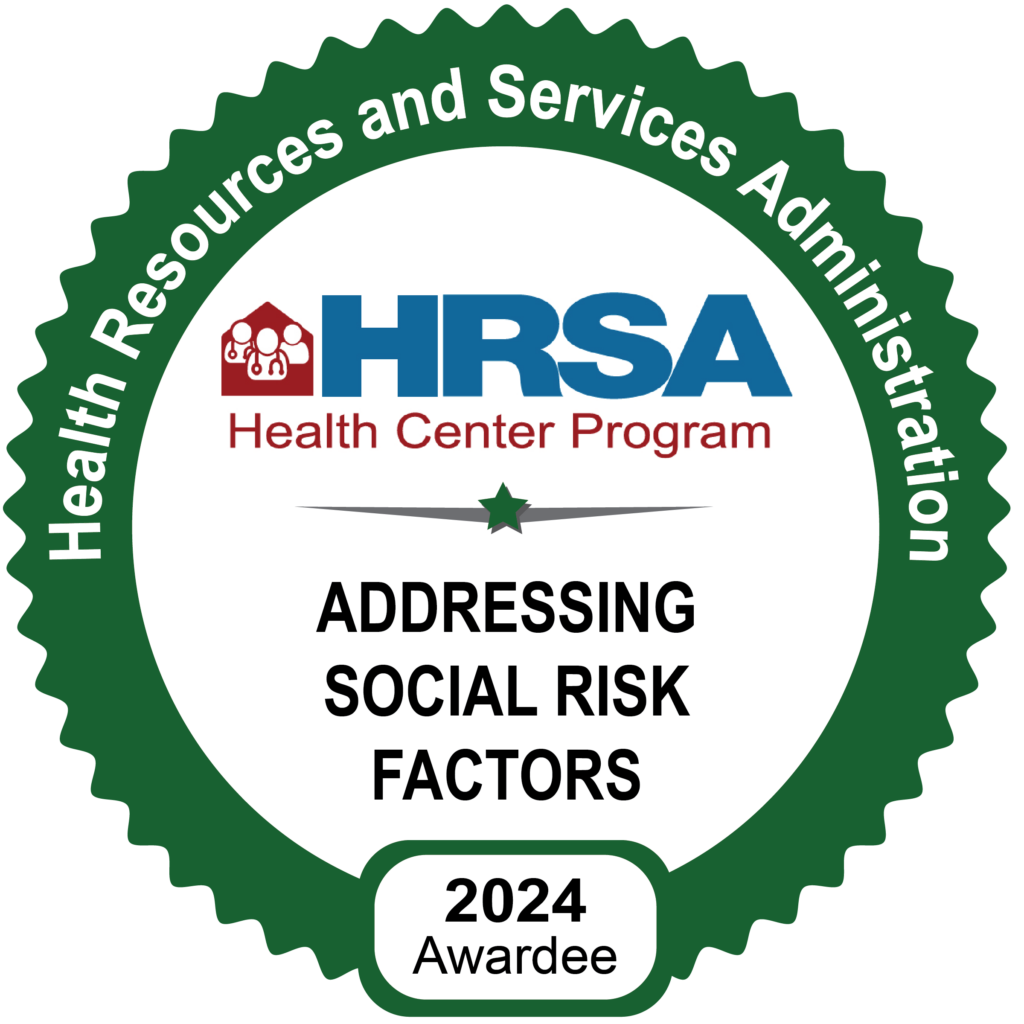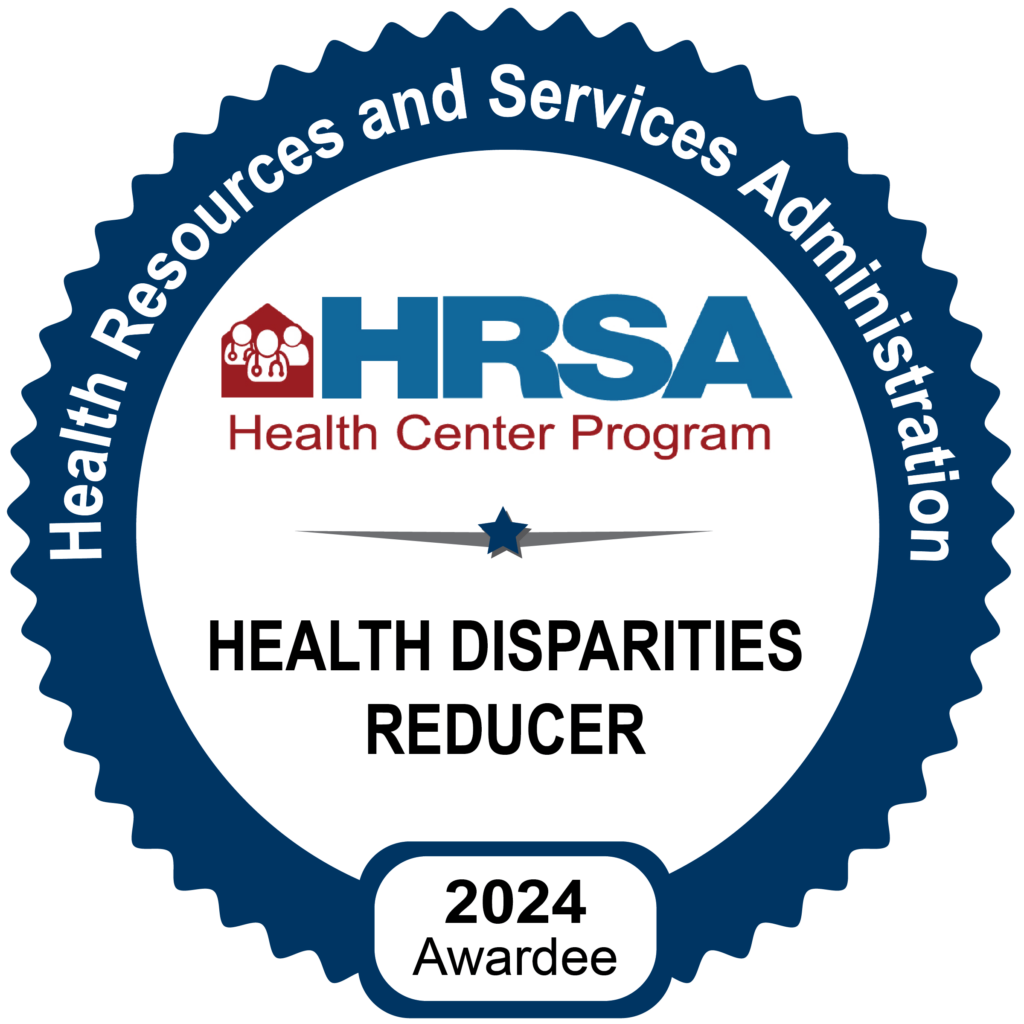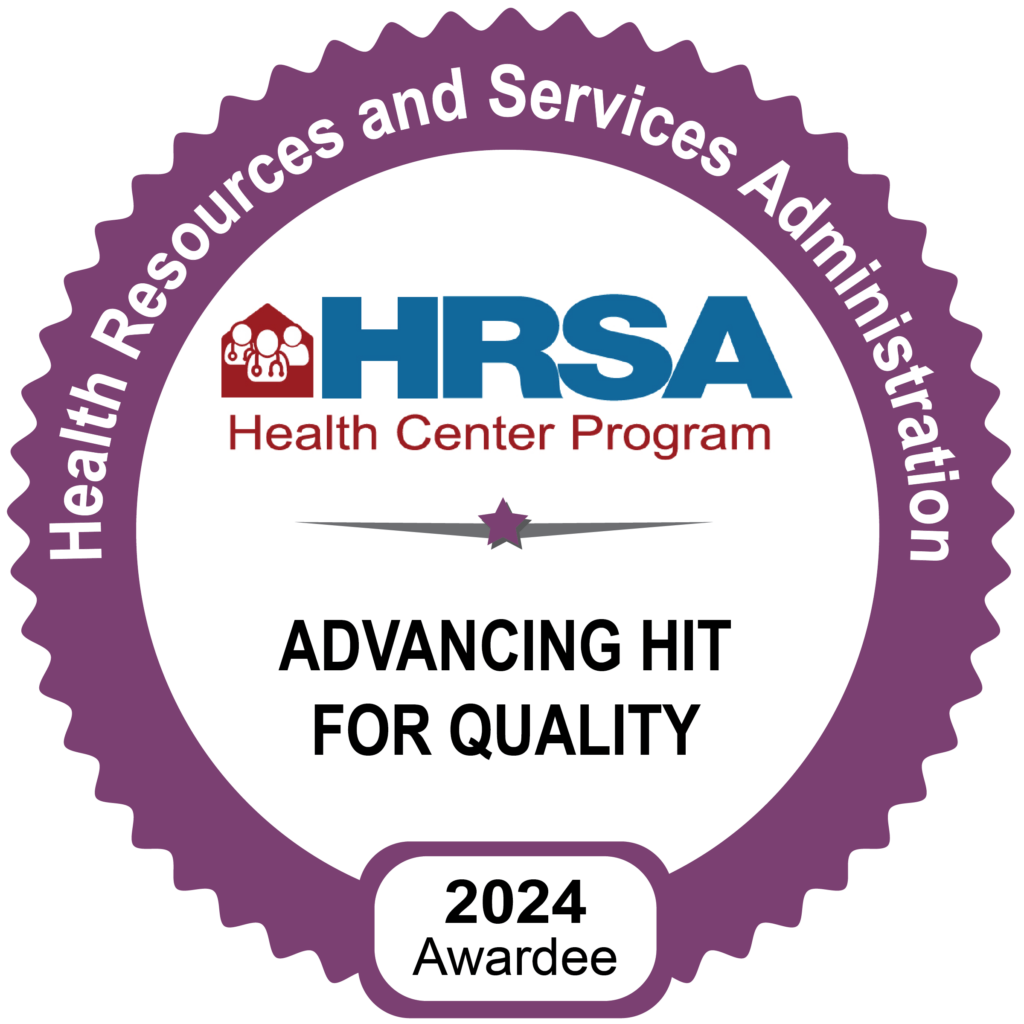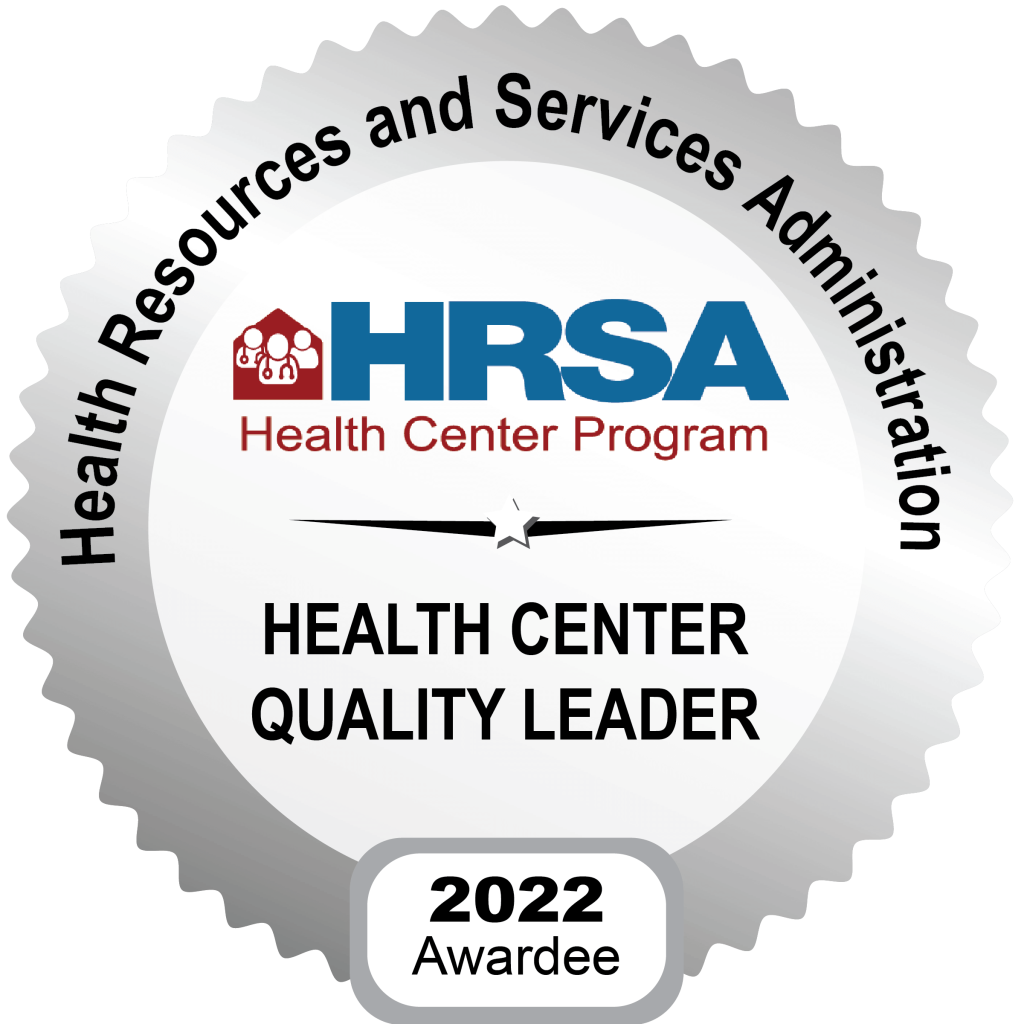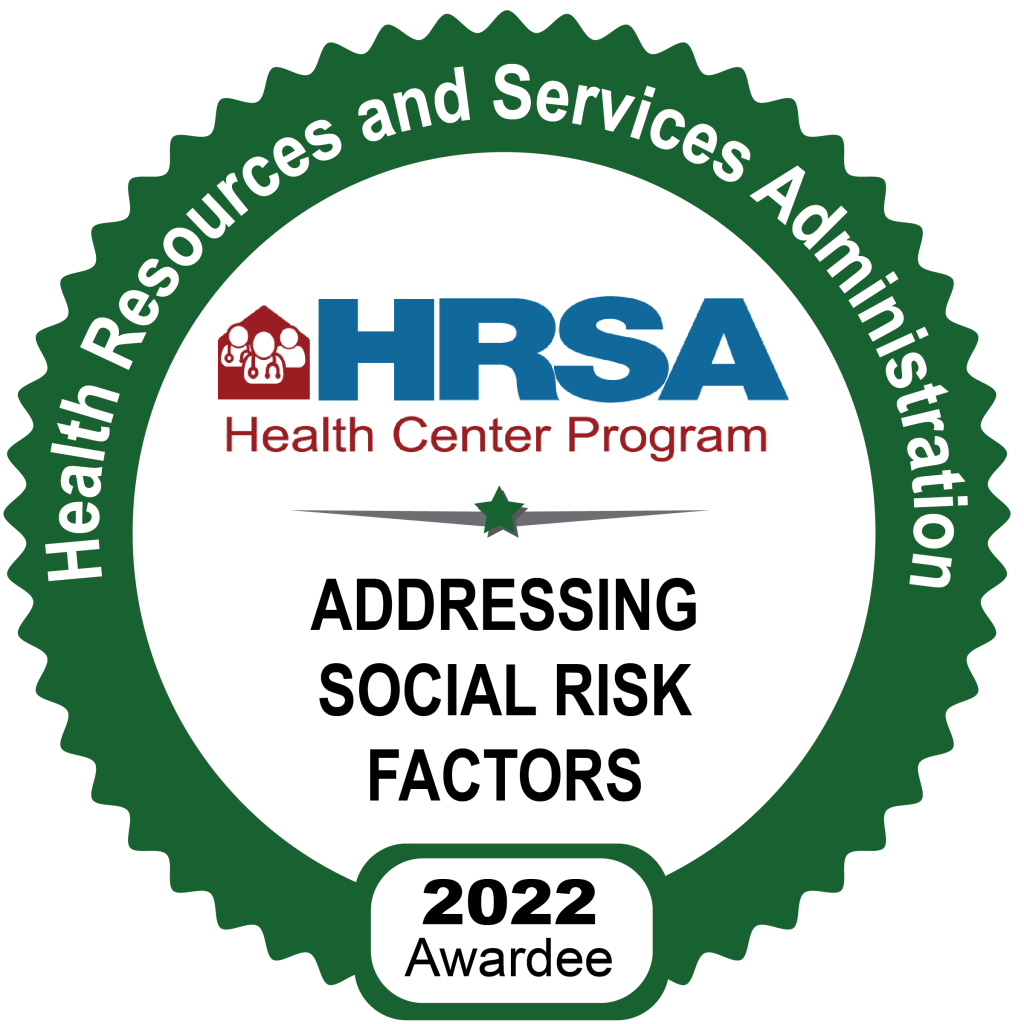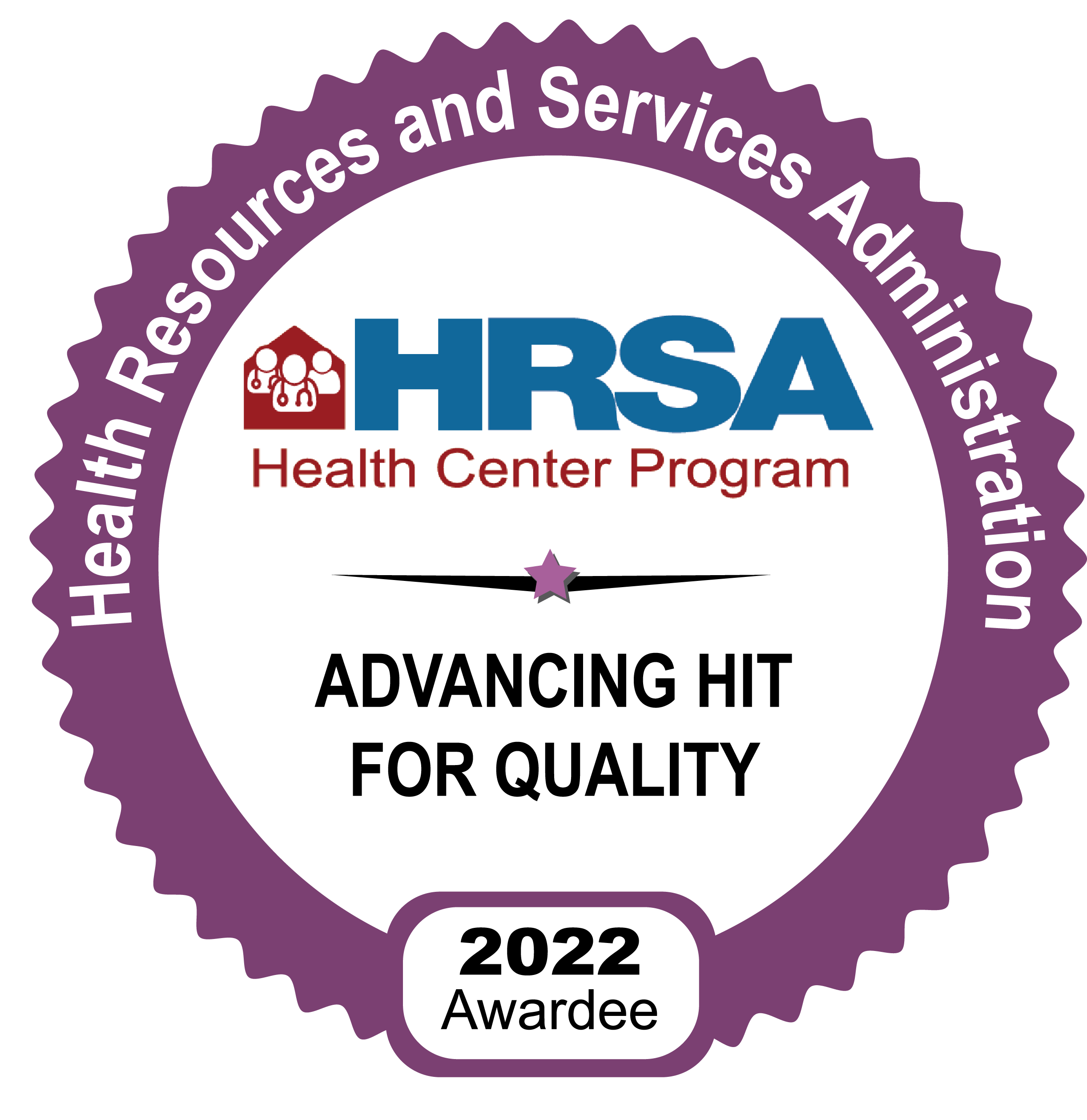Diabetes Awareness Month: Understanding, Preventing, and Managing Diabetes
November is Diabetes Awareness Month, a time to raise awareness about a condition that affects millions of people worldwide. Whether you’re living with diabetes or know someone who is, this month serves as an opportunity to learn more, reduce stigma, and take steps toward better health.
What Is Diabetes?
Diabetes is a chronic condition that occurs when the body either doesn’t produce enough insulin or can’t use it effectively. Insulin is a hormone that helps regulate blood sugar (glucose) levels. There are two main types of diabetes:
- Type 1 Diabetes: An autoimmune condition where the body attacks the cells that produce insulin. It’s usually diagnosed in children or young adults.
- Type 2 Diabetes: A more common form of diabetes that typically develops in adults, where the body becomes resistant to insulin or doesn’t produce enough. It’s often linked to lifestyle factors like diet, exercise, and weight.
There’s also gestational diabetes, which occurs during pregnancy and usually disappears after giving birth, but it increases the risk of developing Type 2 diabetes later in life.
Why Is Diabetes Awareness Important?
According to the Centers for Disease Control and Prevention (CDC), more than 37 million Americans have diabetes, and one in five don’t even know they have it. Diabetes is a leading cause of heart disease, kidney failure, and lower limb amputations. Yet with proper management, many of the complications associated with diabetes can be prevented or delayed.
Raising awareness helps people understand the risk factors, recognize the symptoms, and seek early diagnosis and treatment. Key symptoms of diabetes can include:
- Frequent urination
- Increased thirst or hunger
- Fatigue
- Blurred vision
- Slow-healing sores
If you or someone you know is experiencing any of these symptoms, it’s important to consult a healthcare provider.
Prevention and Management
While Type 1 diabetes cannot be prevented, Type 2 diabetes can often be delayed or prevented through lifestyle changes. Here are some steps to help manage or lower the risk of developing Type 2 diabetes:
- Eat a balanced diet: Focus on whole foods, including vegetables, fruits, lean proteins, and whole grains, while limiting processed sugars and unhealthy fats.
- Stay active: Aim for at least 30 minutes of moderate exercise most days of the week. Physical activity helps regulate blood sugar levels.
- Maintain a healthy weight: Losing even a small amount of weight can make a significant difference in reducing the risk of Type 2 diabetes.
- Regular check-ups: Regular blood sugar screenings can help catch potential problems early.
For those already living with diabetes, effective management involves monitoring blood sugar levels, taking prescribed medications (like insulin), and making necessary lifestyle adjustments to keep blood sugar in a healthy range.
Diabetes Awareness Month is a time to educate ourselves and our communities about diabetes. By understanding the signs, symptoms, and ways to prevent and manage the condition, we can all take steps toward healthier lives. Whether you’re living with diabetes or just want to learn more, remember that awareness is the first step in making a positive change.
Let’s use this month as a reminder to spread knowledge, support those affected by diabetes, and make choices that promote better health for everyone.
